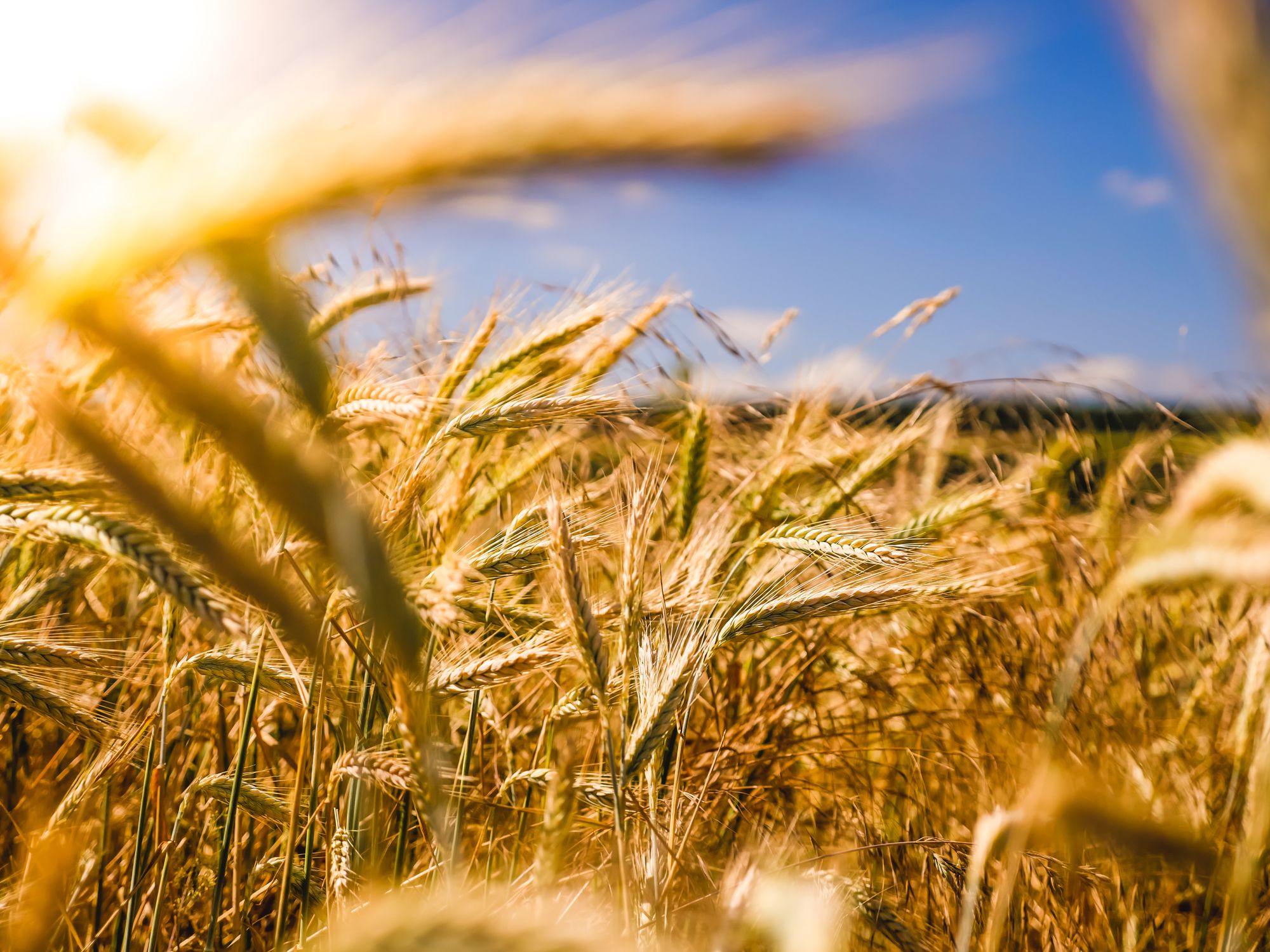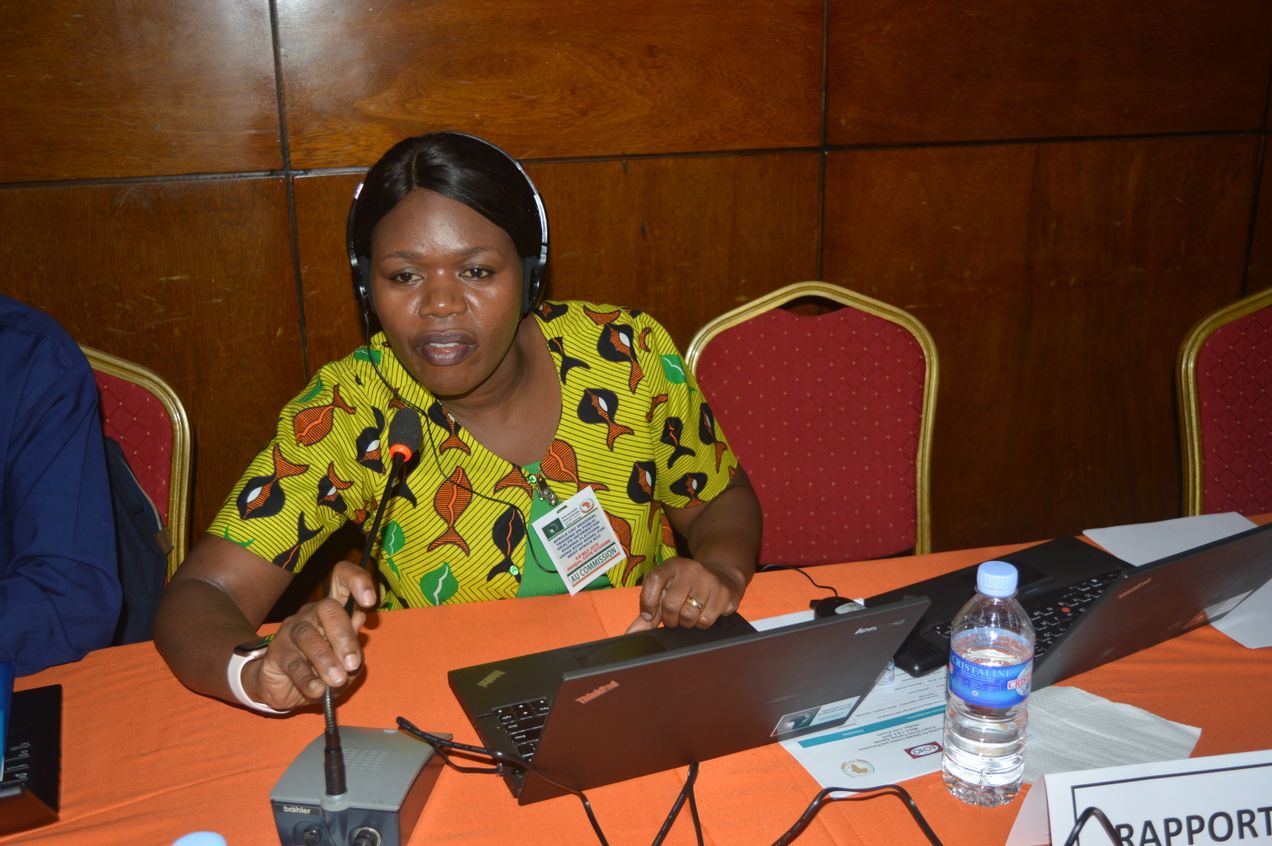
Crops From A Crisis
The pandemic inspired Werkenesh Nega and others in her community to become business-minded farmers.
As Ethiopia slowly shifts from a majority rural population to an urban one, families with lower income are increasingly becoming more vulnerable to food insecurity. In contrast to this, Addis Ababa has an abundance of arable land. As such, the government along with several NGOs have been making efforts to make these lands accessible to vulnerable groups for agricultural pursuits.
Werkenesh Nega took advantage of one such opportunity. After receiving a safety net training focused on food security, her group was given starting capital to develop urban farms in their communities. This is the story of a woman who saw the pandemic as an opportunity to help herself and her community.
“Before COVID-19, I used to participate in a safety net program. This program wanted to help women like me. So, I saw it as a good opportunity to try something new and enrolled in the program. They gave 25 of us some cash to start something. We eventually did start to grow stuff but we weren’t properly organized.”
This would change when COVID-19 was announced. People would be forced to limit their exposure to the outside world, food prices would increase. This reality had the potential to expose low income families further into additional vulnerabilities.
“When the virus came, we knew we had to change something. The land we developed was still available to us but we were discouraged from going there. It was far and not clean. But when the program manager told us there was land available not far from the center, we decided to re-organize and work the land, which wasn’t easy as we had to bring water from a nearby river and we would constantly chase sheep away from our growing crops. Some days we would come to find our crops completely damaged. It felt like an uphill climb!”
As they worked the land, a community would form around the plot of land.

"We would come twice a week to work the land, which was hard at first but as we pushed further on the work we would see the potential in the work. It wasn’t long before we even set up a coffee drinking spot in the middle of every visit. Our enthusiasm increased as we saw our crops grow and so did our bond. Right now, we wouldn’t leave if we were forced to go!”
This farm means a lot to the women in her group. Prior to the pandemic, Werkenesh says that she wasn’t aware how vulnerable she was. When COVID-19 came and the new rules came into play, she realized she couldn’t properly maintain social distance in her home, her livelihood was easily shattered.
“COVID painted a painfully clear reality. So much so that it increased my blood pressure! I knew this had to change! Thankfully, there was the land, this work showed me the value of dignified work! It felt good to see the fruit of my hard work!”
With this realization, the land become more than just something to do, it was a potential way out of poverty and a way to make it through COVID-19. Currently she hopes to grow the business into something bigger.
“We first collected the seeds from the NGO that trained us now we are diversifying our source. The income we gained is growing and it’s encouraging has to make this initiative bigger!”
The pandemic gave Werkenesh an opportunity to gain financial independence and a way to contribute better to her family’s household expenses. In addition, the crops she and her team grew gave her community access to affordable crops in a time of crisis.
She concludes: “When a problem comes, it doesn’t come alone. It often comes with a solution that will change your life for the better, but it’s up to you to find that solution and work with it. We could’ve easily given up but thankfully we didn’t. It’s important to stay resilient”

